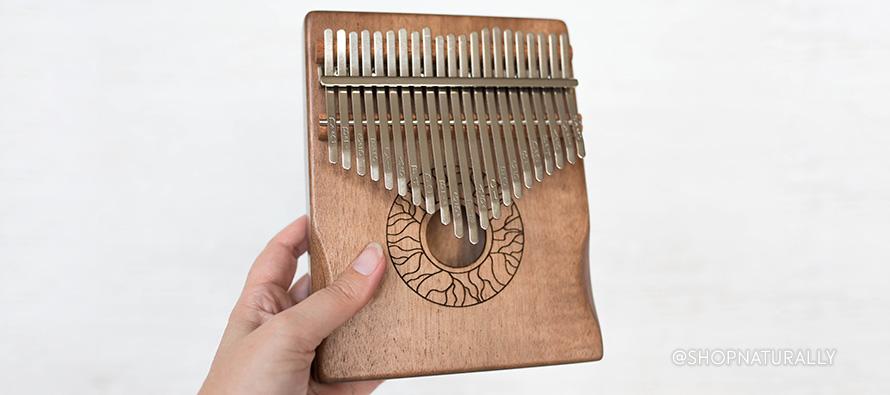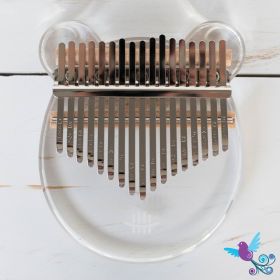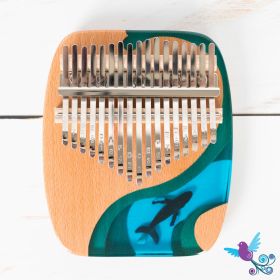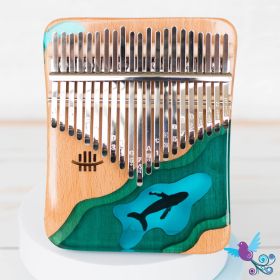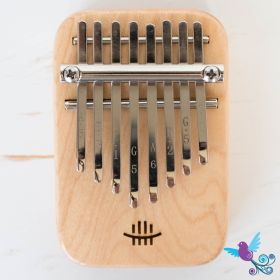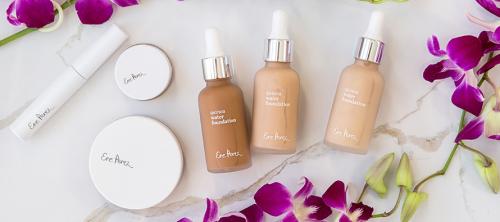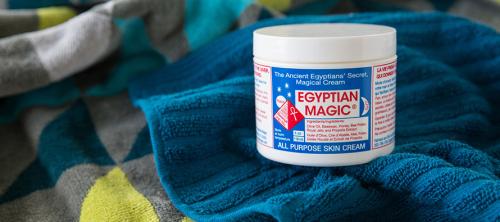What is a kalimba?
The kalimba is a hand held musical instrument that's easy for anyone to learn. It has its origins in African and is sometimes called an African thumb piano or just a thumb piano. You may also see them be called an mbira, but they are a slightly different instrument.
Kalimbas are a member of the lamellophone family of musical instruments, which are defined by those instruments making their sound from vibrating plates. On the kalimba, we call them tines. Other instruments in the lamellophone are the Jew's harp, the sansula and at the premium end of the spectrum, the Array mbira. Joanne has an Array mbira in her music studio.
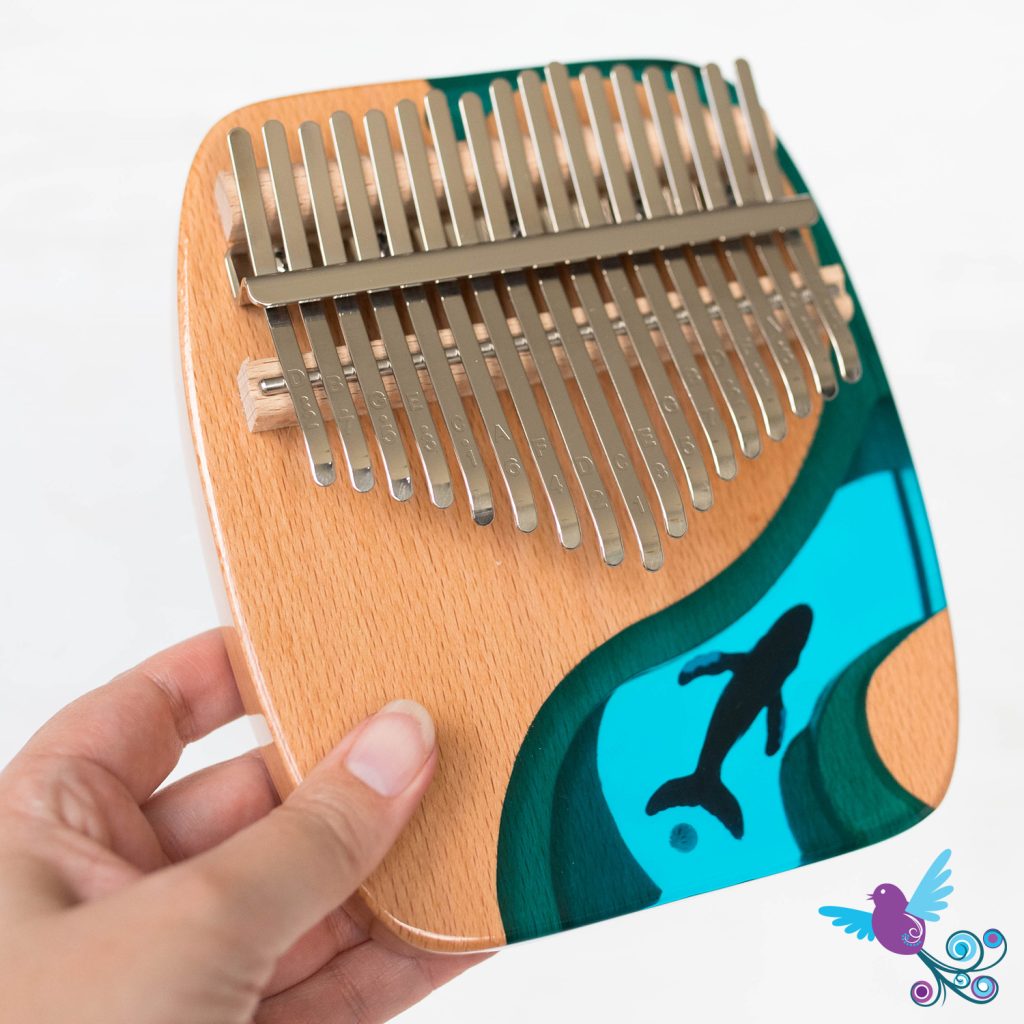
What does the kalimba sound like when played?
Think of the sound as something ethereal, angelic even - a cross between a xylophone and a music box. The quality of the sound will depend on the size of the kalimba, the type of wood (or other material) that the sound gets to vibrate through, and whether the body is solid or open and hollow like a guitar.
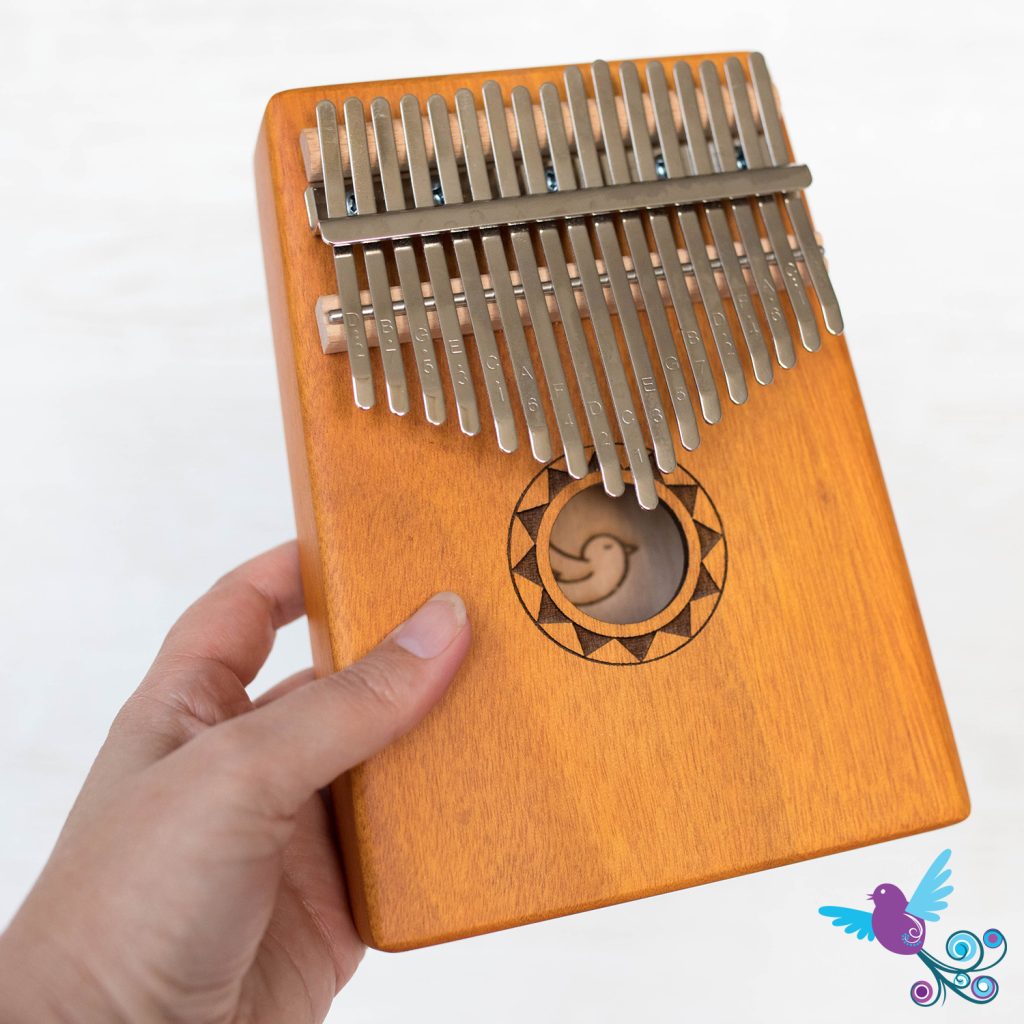
What's the difference between a solid and a hollow kalimba?
A solid kalimba usually has a smoother sound than its hollow counterpart and the tines usually ring for longer (around 20% longer depending on the instrument) but the trade off is the volume. The solid kalimba is quieter than a hollow kalimba.
So, in reverse, the hollow kalimbas usually have an earthier tone to their sound, don't ring for quite as long, but they're louder. In our store, the quality of the sound of the instrument will improve the more money you spend on it. Every kalimba in our store has been hand selected by our store owner, Joanne, who is a professional musician. Joanne has also personally played and tuned every single instrument and checked it for dead tines unless we specifically sell an instrument as an UNTUNED instrument or a second.
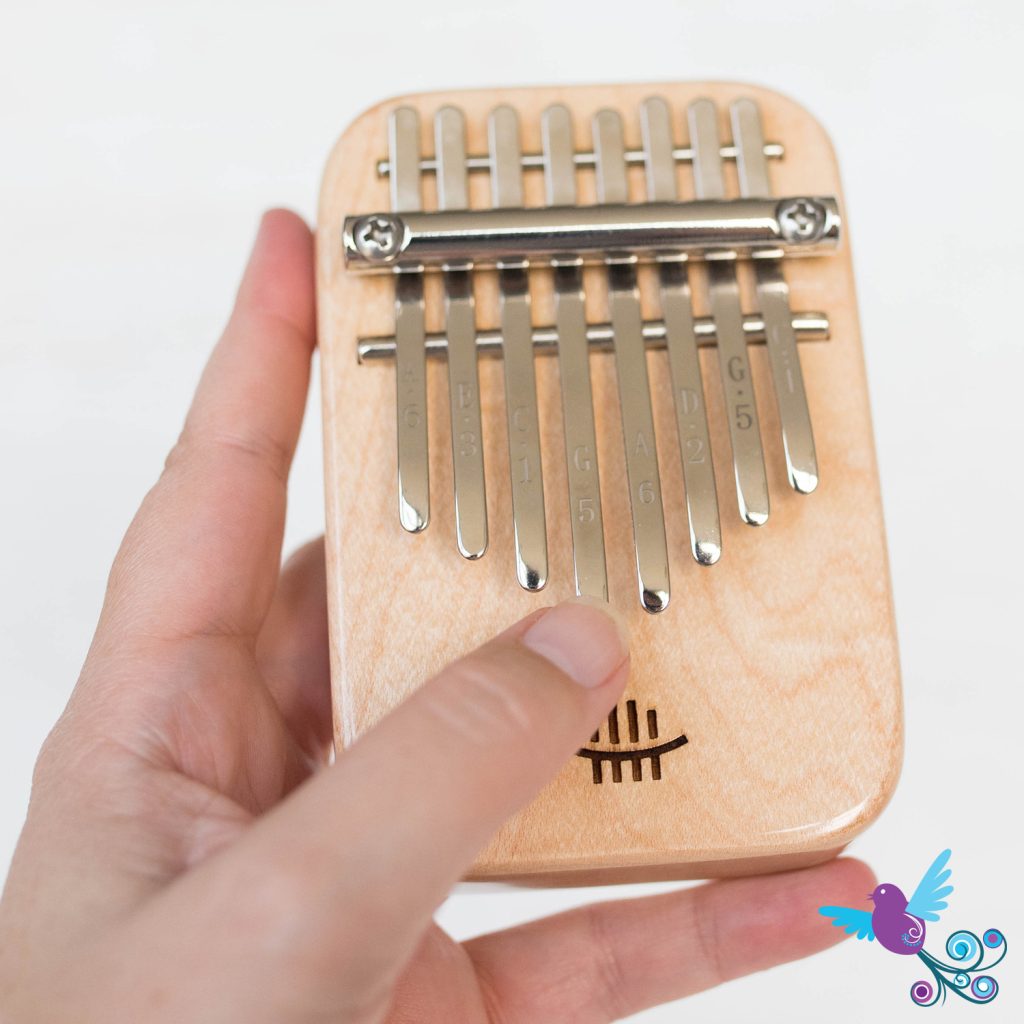
What kalimba should I choose for a beginner?
It doesn't matter whether you choose a hollow or a solid kalimba for beginners. What's more important is the number of notes and how the kalimba is tuned.
Choosing an 8 key Pentatonic Kalimba for beginners
An 8 key pentatonic kalimba is a budget friendly price, fits in the palm of your hand and you can't play a wrong note on it. The word pentatonic has to do with the tuning. The pentatonic scale only has 5 notes, and it represents all the black notes on a piano. You can free play immediately and have it sound fantastic, but you are limited the how many different songs you can play on a pentatonic kalimba. They're a fun 'musical stress ball' and something just to have a bit of fun with.
Choosing a 17 key C Major Kalimba for beginners
This is my second option for a beginners instrument. You can play a number of popular songs this one, starting from the note Middle C and going up. It gives you more song variety than the 8 key pentatonic and the challenge of learning songs over free play.
What is an eco health and wellbeing store doing selling musical instruments?
Since 2009, we have always prided ourselves on staying ahead of the curve. During COVID it became apparent that mental health and the ability to unwind and relax was a bigger problem than ever before. The kalimba, along with the tongue drums that we sell, are an excellent way for any family member to create a beautiful sound in an instant with little or no musical experience.
Our store owner, Joanne Swadling, is a professional musician and spent a decade teaching piano. However, it's something she experienced in a music class at the age of 13 that has shaped the meaning behind having these instruments in the store. It's one thing for someone musical to get joy of playing music, but witnessing someone that's not musical get just as much joy is something else entirely.
Joanne's high school music teacher, Ian Patterson (who she still speaks to today and affectionately calls Mr P), pulled out a dozen guitars and tuned them to play just one chord each, simply by strumming it. He picked a song everyone knew, tuned them to the three chords he needed and then pointed to each group when it was their turn to play the chord.
Faces lit up. No-one in that room believed they would be a part of playing a song, but Mr P's passion for inclusion changed that and influenced Joanne's desire to give the same fire and joy to countless people and families who love music but do not have the time or desire for formal study.
If you have always wanted to learn a musical instrument but don't have the time or the finances for formal study, the kalimba is a simple and beautiful place to start and it's an experience you can share with your kids, your partner or anyone in your family.
Joanne will be getting in to her music studio for some recordings and tutorials later in 2023, but for now, there's plenty of educational material on YouTube.
